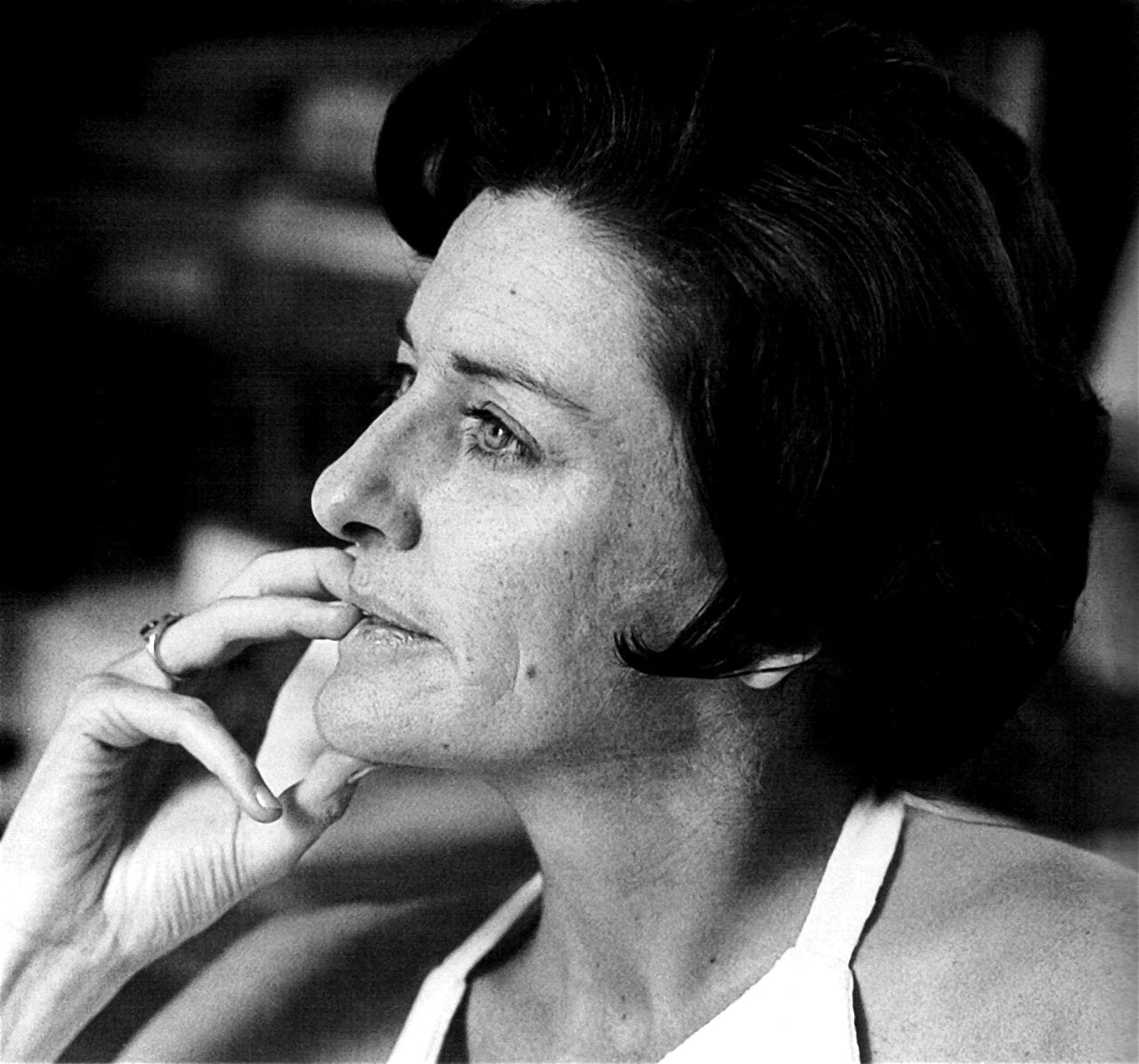–
–
–
–
[ezcol_1half]
and one for my dame
–
–
A born salesman,
my father made all his dough
by selling wool to Fieldcrest, Woolrich and Faribo.
–
A born talker,
he could sell one hundred wet-down bales
of that white stuff. He could clock the miles and sales
–
and make it pay.
At home each sentence he would utter
had first pleased the buyer who’d paid him off in butter.
–
Each word
had been tried over and over, at any rate,
on the man who was sold by the man who filled my plate.
–
My father hovered
over the Yorkshire pudding and the beef:
a peddler, a hawker, a merchant and an Indian chief.
–
Roosevelt! Willkie! and war!
How suddenly gauche I was
with my old-maid heart and my funny teenage applause.
–
Each night at home
my father was in love with maps
while the radio fought its battles with Nazis and Japs.
–
Except when he hid
in his bedroom on a three-day drunk,
he typed out complex itineraries, packed his trunk,
–
his matched luggage
and pocketed a confirmed reservation,
his heart already pushing over the red routes of the nation.
–
I sit at my desk
each night with no place to go,
opening the wrinkled maps of Milwaukee and Buffalo,
–
the whole U.S.,
its cemeteries, its arbitrary time zones,
through routes like small veins, capitals like small stones.
–
He died on the road,
pushed from neck to back,
his white hanky signaling from the window of the Cadillac,
–
My husband,
as blue-eyed as a picture book, sells wool:
boxes of card waste, laps and rovings he can pull
–
to the thread
and say Leicester, Rambouillet, Merino,
a half-blood, it’s greasy and thick, yellow as old snow.
–
And when you drive off, my darling,
Yes, sir! Yes, sir! It’s one for my dame,
your sample cases branded with my father’s name,
–
your itinerary open,
its tolls ticking and greedy,
its highways built up like new loves, raw and speedy.
[/ezcol_1half] [ezcol_1half_end]
y uno para mi señora
–
–
Un comerciante nato,
mi padre hizo mucha pasta
vendiendo lana a Fieldcrest, Woolrich, Whasta.
–
Un farsante nato,
podía vender cien balas empapadas
de aquella cosa blanca, calcular las millas y las ventas
facturadas
–
y ganar dinero.
En casa, cada frase que soltaba
había contentado antes a un cliente que, con mantequilla, le
pagaba.
–
Todas sus palabras
las había ensayado una vez tras otra, en cualquier formato,
en el hombre a quien vendía el que llenaba nuestro plato.
–
Mi padre sobrevolaba
sobre el pudin de Yorkshire y la carne de ternera
un feriante, ambulante, vendedor y jefe indio de tercera.
–
¡Roosevelt! ¡Willkie! ¡y la guerra!
Qué inepta me juzgaba
con mi corazón de solterona y mi aplauso de niña pava.
–
Cada noche en casa
mi padre se enamoraba de unos mapas rotos como harapos
mientras la emisora luchaba sus batallas con los nazis y los
japos.
–
Excepto cuando se escondió
en su dormitorio en una borrachera de tres días,
escribió itinerarios complicados, rellenó el maletero de
licorerías,
–
su equipaje a juego,
y guardó una reserva confirmada,
su corazón latiendo ya sobre las rutas rojas de su nación
amada.
–
Me siento a mi mesa
cada noche sin ningún lugar a dónde ir,
los arrugados mapas de Milwaukee y Búfalo de souvenir,
–
todo EE.UU.,
sus cementerios, sus absurdas líneas horarias,
a través de rutas como venas finas, capitales como piedras
funerarias.
–
Murió en la autopista,
golpeado de la nuca a la espalda,
su pañuelo blanco por la ventanilla de su Cadillac gualda,
–
Mi esposo,
de unos ojos tan azules como un álbum de fotografías,
comercia lana:
carretes, cajas y ovillos de los que estira, con desgana,
–
hasta alcanzar el hilo
y decir Leicester, Rambouillet, Merina,
cruzada, aceitosa y gruesa, amarilla como vieja nieve andina.
–
Y cuando vuelves a irte, mi amor,
¡Sí, señor! ¡Sí, señor! Y uno es para mi señora,
tus cajas de muestrarios con el nombre de mi padre escrito
por su cuidadora.
–
tu itinerario abierto,
sus peajes recaudando codiciosos,
sus autopistas levantadas como amores nuevos, crudos,
presurosos.
[/ezcol_1half_end]
–
–
January, 1962
Enero de 1962
–
–

–
–
–
–
–
–
–
–
–
–
–
–


0 comentarios